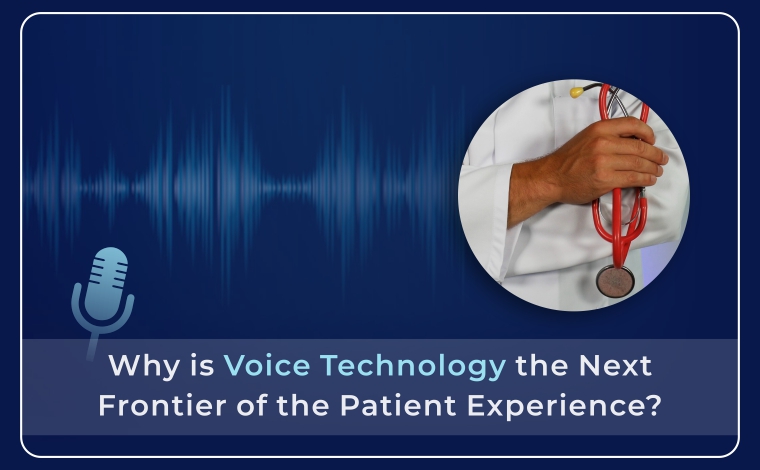
Voice technology has emerged as the next frontier for self-service in healthcare, promising a more “human” experience and enabling users to access information quickly without navigating a sophisticated interface. While the utilization cases are still developing, they pose endless benefits to practitioners and patients, especially to the elderly and disabled, those afflicted with chronic disease, or living in rural areas.
The most critical voice applications include disease management (system tracking, journaling, medication adherence), data collection, and price reduction. The technology could evolve diagnostic tools using voice biomarkers like tone, inflection, breathing patterns and detect abnormalities in the future. Like any novel technology solution, the voice must solve a business problem, like engaging patients between doctor’s visits, improving access for patients in clinical trials, and removing interference in overall treatment.
Healthcare organizations invest in innovation hubs staffed by chief information officers, chief digital officers, and even tech-literate chief nursing officers. They are exclusively liable for probing the tech landscape for uncharted use cases with a verifiable customer need.
While Apple’s iPhone may be a classic example of a product-centric approach towards selling gadgets, where people do not know if they need it, there is a balance between pioneering emerging technologies and being attentive to the market instead of ranging from proof-of-concept. The most critical use case for voice technology is symptom-tracking for patients with chronic illness, where patients see their doctor every two or three months. Voice assistants log and track their symptoms and adhere to medication by administering reminders or prompting the patient to schedule their next appointment. Hospitals are experimenting with automated interactive phone calls through voice assistants. Despite being highly trained, clinicians are not exempted from administrative duties.
Advanced voice assistants equipped with language processing can acquire context during a conversation between doctor and patient and automatically generate patient notes. In contrast, others enable doctors to dictate their notes using speech-to-text capabilities. Researchers have found that the patients who got a virtual assistant better-retained information than people who read the pamphlet. As voice analytics and speech recognition technologies will get advanced, we will see search behaviors change.
